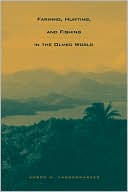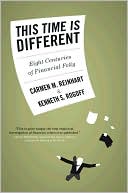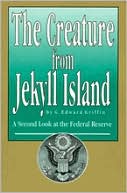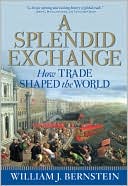Farming, Hunting, and Fishing in the Olmec World
Search in google:
The Olmec who anciently inhabited Mexico's southern Gulf Coast organized their once-egalitarian society into chiefdoms during the Formative period (1400 BC to AD 300). This increase in political complexity coincided with the development of village agriculture, which has led scholars to theorize that agricultural surpluses gave aspiring Olmec leaders control over vital resources and thus a power base on which to build authority and exact tribute. In this book, Amber VanDerwarker conducts the first multidisciplinary analysis of subsistence patterns at two Olmec settlements to offer a fuller understanding of how the development of political complexity was tied to both agricultural practices and environmental factors. She uses plant and animal remains, as well as isotopic data, to trace the intensification of maize agriculture during the Late Formative period. She also examines how volcanic eruptions in the region affected subsistence practices and settlement patterns. Through these multiple sets of data, VanDerwarker presents convincing evidence that Olmec and epi-Olmec lifeways of farming, hunting, and fishing were driven by both political and environmental pressures and that the rise of institutionalized leadership must be understood within the ecological context in which it occurred.
Ch. 1Agricultural risk and intensification along Mexico's southern gulf coast : an introduction1Ch. 2Agriculture and political complexity in theoretical perspective5Ch. 3Politics and farming in the Olmec world31Ch. 4Farming, gardening, and tree management : analysis of the plant data66Ch. 5Hunting, fishing, and trapping : analysis of the animal data116Ch. 6Eating plants and animals : stable isotopic analysis of human, dog, and deer bones182Ch. 7Farming, hunting, and fishing in the Olmec world : a model of Olmec subsistence economy193








